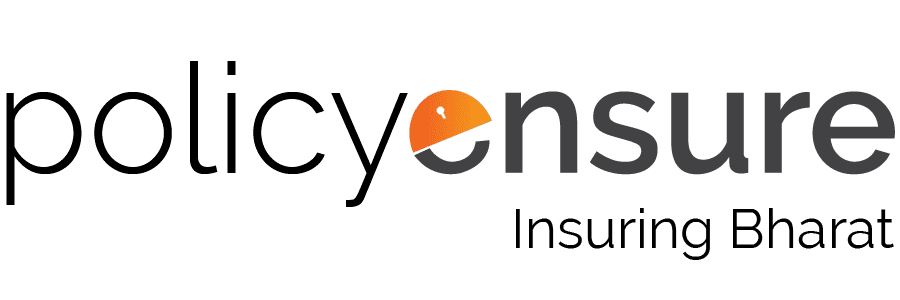General insurance benefits provide a blanket of financial protection from the uncertain risks posed by medical emergencies, diseases, accidents, and more
In times of uncertainty or emergencies, arranging a substantial amount of cash instantly can turn out to be a liability for an individual. General insurance in such cases provides a blanket of financial protection from the uncertain risks posed by medical emergencies, diseases, accidents, and more. With the right insurance at your disposal, you get reimbursed in such situations, which makes it a lot easier to manage the heavy expenses.
However, as understanding insurance policies can be complex, not everyone can procure maximum benefits out of them. But there are certain measures you can take to utilise it in an efficient manner.
Right policy, more benefits
Today, health problems have become way more common in senior citizens and younger people alike. With the increasing costs of treatments, medicines, and diagnoses, it is better to have a general insurance policy at your disposal. However, choosing the right policy can and will help procure the complete benefits. You need to check your requirements first. While someone may have individual requirements, on the other hand, some people may require a family floater plan. Furthermore, a high claim settlement ratio can help increase the chances of getting a claim.
Knowing the coverage
Purchasing general insurance for yourself and your loved ones is an optimal thing to do in order to live a stress-free life. However, before getting a policy, reviewing and knowing the limits and exclusions carefully is also necessary. Insurance coverage can be considered a financial safety net. It is a financial protection that is given to the insured in case of any adversities. The premium you pay sets a limit for your coverage, and you cannot make claims exceeding this particular amount.
Knowing this will not only help you understand the policy in a better manner but will also aid in making informed decisions. The information can be garnered with the help of an insurer or an agent, who can help you understand the necessary details before the purchase.
Going cashless
In this era of digitalisation, we have the provision of going cashless, and general insurance is no exception. Several insurance companies in India are offering cashless facilities. As the name suggests, the insurer does not have to pay a rupee from their pocket while their medical expenses are taken care of.
A cashless claim has its own benefits and convenience when it comes to medical emergencies, which usually take a toll on the patient and their family. With cashless general insurance, the insurance company deals directly with the hospital, as they have their own established networks. Therefore, going cashless is a good option in order to avoid any unnecessary expenses.
Choosing network hospitals
One of the common pain points in general insurance is when a policy does not cover all the expenses and the insurer does not cover 100% of the claim amount. A lot of the time, a patient or their family might not understand the situation, but the bill post-hospitalisation can come as a shock. However, this can be avoided with a planned hospitalisation. The insurance providers give you the option of choosing from a network of hospitals.
These network hospitals are verified, they provide quality treatment, and they ensure that the policyholder gets a discounted rate as they have agreements with insurance companies. Knowing this can save a lot of expenses, however, you must also check out the breakup costs in order to know which hospital suits you best. This information might not be readily available, so you need to approach your insurer or an agent to learn more.
Taking the provision of preventive services
There is no doubt you can plan for an emergency; however, you can be strategic about the timing of your planned check-ups and screenings. Preventive care or routine care helps a person detect a disease or any medical problem that can become daunting for them later in their lives.
Several general insurance benefits providers include coverage of preventive care in their policies. Therefore, before purchasing the insurance, you must get this benefot included so that you can save on any sudden out-of-pocket costs. This can include any annual check-ups, screening for conditions, immunisations, or more. Utilising this benefit can not only help you live a healthy life but also avoid any costly medical bills.
Learning to claim promptly
In some cases, policyholders are reluctant to report an insurance claim, but that can lead to heavy costs in the end. If you fail to report a claim properly, it can be a violation of the policy and might result in the claim being rejected by the insurer. Promptly claiming in such a case allows insurers to act quickly and minimise the losses as much as they can. The sooner the claim is managed, the better, as it will cost less. If you want your insurance policy to work for you at the right time, prompt reporting of claims gives you this benefit. For this, it is necessary to make sure that you provide all the necessary documentation to avoid any delays or denial of benefits.
Using telemedicine services
Telemedicine is a convenient and affordable way to receive diagnoses, consultations, and treatment. Owing to its impeccable results in pandemics, telemedicine’s popularity has gained traction. Whereas regular consultations with a medical professional are permitted under the terms and conditions of the policy contract, the Insurance Regulatory and Development Authority of India (IRDAI) has requested that the insurer permit claim settlement for telemedicine consultations. Hence, you can select the policy that provides coverage for telemedicine to avail the benefits.
All things considered
By taking care of yourself and adhering to best healthcare practices, you may be able to reduce your chances of becoming ill and developing chronic diseases. It is captivating that insurance companies might also give such policyholders discounts on premiums or other rewards for following a healthy lifestyle. As a result, it may be lucrative for you in every sense. However, as an alternative, General Insurance Benefits are a tool that can help you maximise your wellness. Furthermore, this is only possible if you take full advantage of its benefits. To do so, you must be aware of your policy, use cashless facilities, use preventive services, select network hospitals, and submit claims on time.
Furthermore, before purchasing any policy, you must take some time to filter it and have a clear understanding of which plan will suit your needs the best. When in doubt, it is always better to get an expert opinion, as it can not only save you time but also ensure that your insurance needs are fulfilled in a hassle-free manner.







